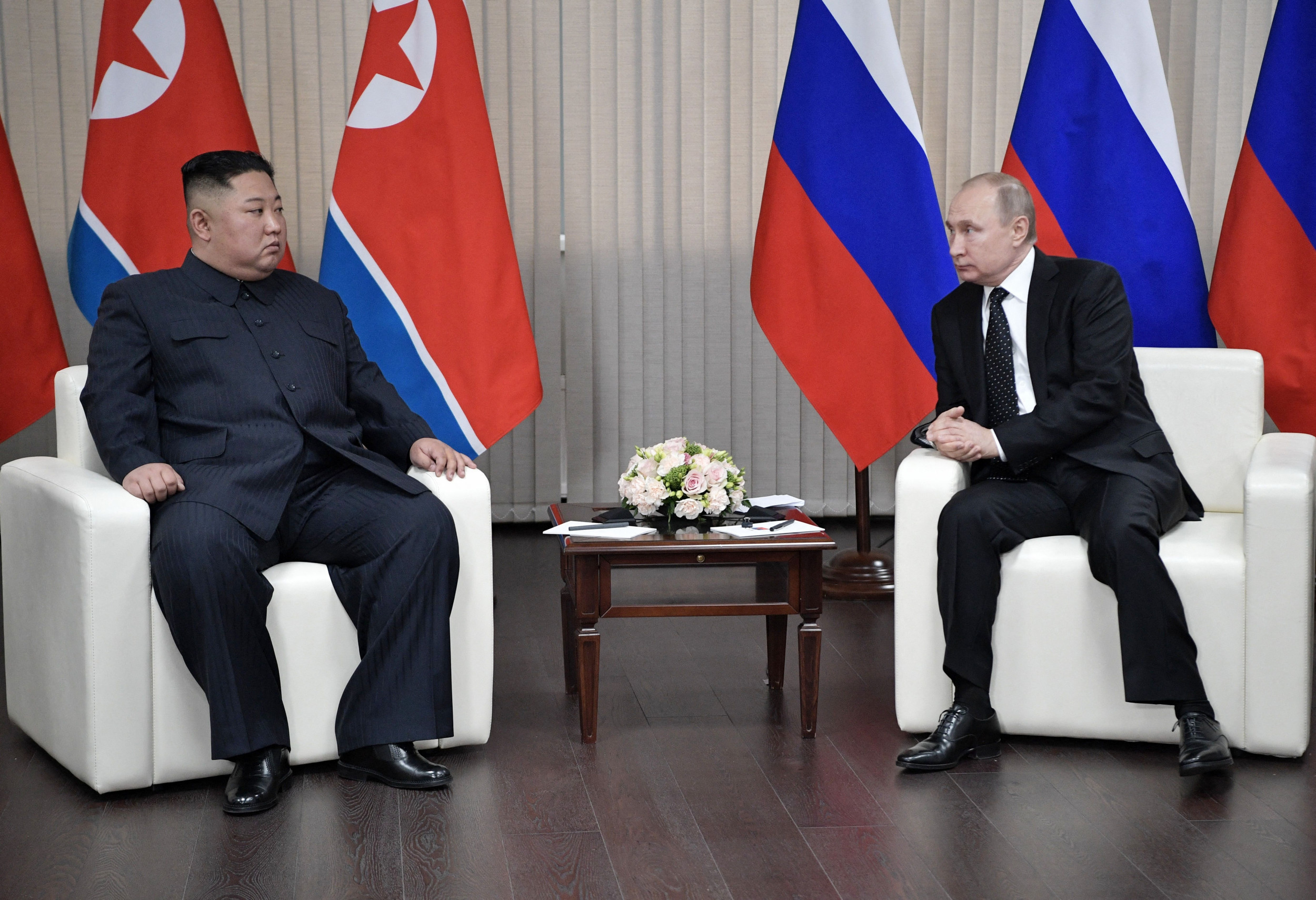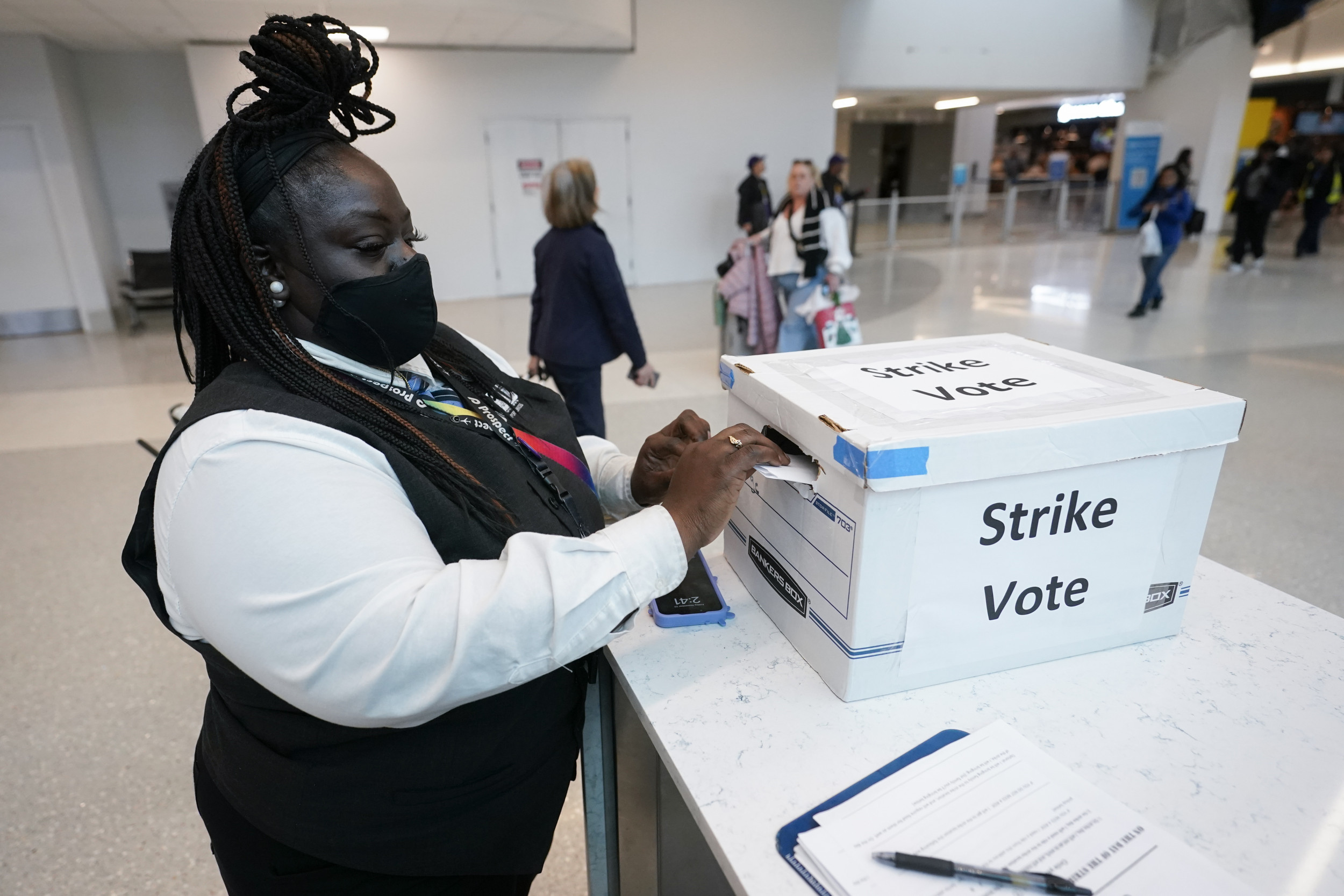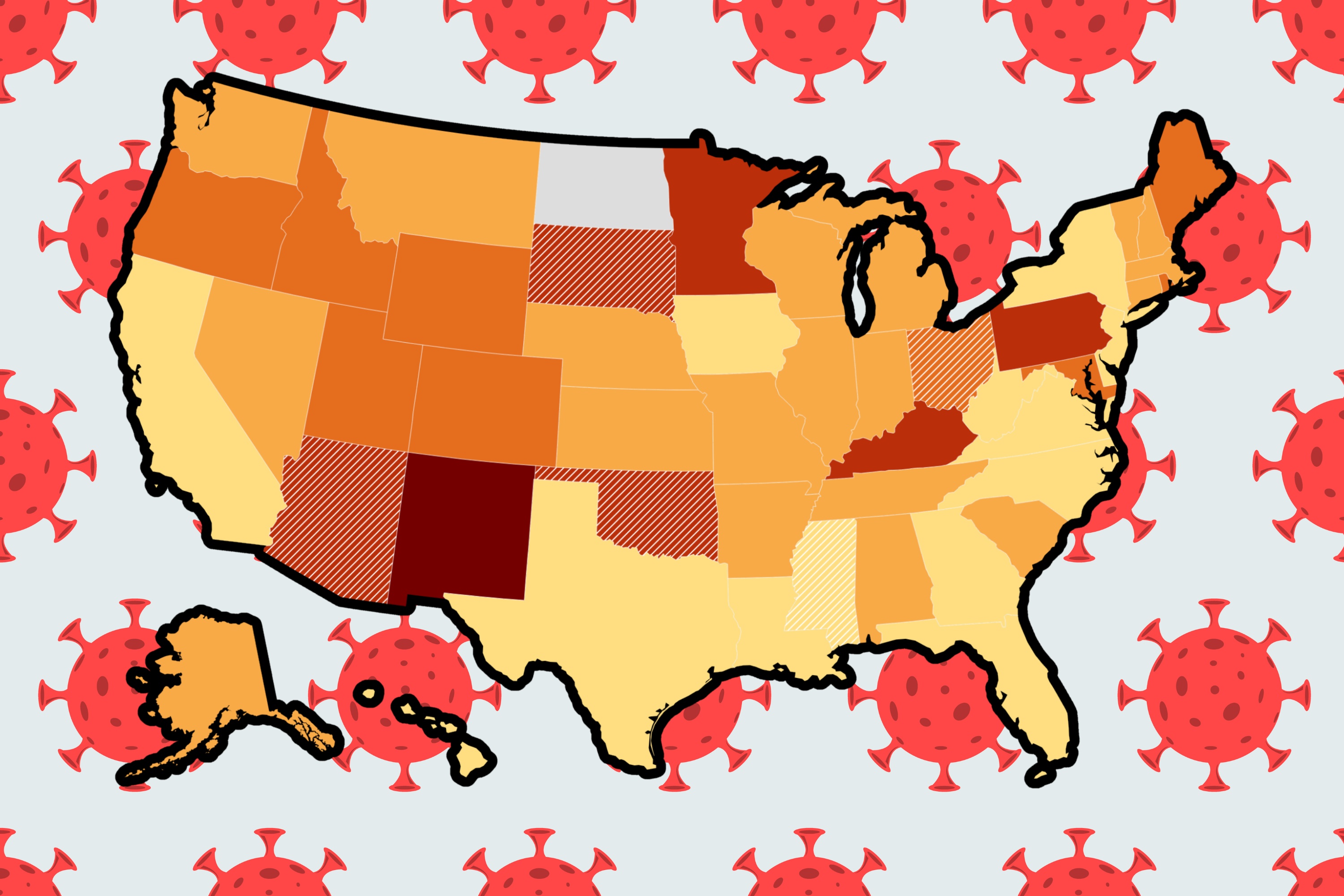On Nov. 11, in Zhuhai, China, a 62-year-old man drove his car into a crowd at a sports complex, killing 35 people and injuring 43 others. It was China's deadliest mass killing in more than a decade. While the tragedy barely made headlines in the West, many Chinese citizens may not have heard about it inside China, where it was swiftly and thoroughly swept under the rug by the Chinese Communist Party's (CCP) vast censorship apparatus. Even foreign news agencies faced intimidation, and in the case of a BBC reporter, physical assault, when he attempted to cover the developments in Zhuhai.
Before family members, friends, and acquaintances of the victims could even begin to grieve, CCP authorities quickly dismantled makeshift memorials and removed flower arrangements placed in remembrance. Social media platforms in China were instructed to delete posts expressing outrage and sorrow. Once again, the CCP quickly escalated its censorship efforts to suppress public discussions of the tragedy and its impact, leaving Chinese citizens to grapple with this incident—and what is says about their country—in the midst of an information blackout.
In Washington, we tend to focus on China's global ambitions, its economic competition with the United States, and its aggressive behavior on the international stage which challenge the global norms that we and our allies have upheld since World War II. We analyze China's conduct through diplomatic, economic, and security lenses, but we continually overlook a critical element of U.S.-China policy—the Chinese people.
Some of this is out of our control. Under President Xi Jinping, the CCP has repeatedly restricted access to U.S. diplomats and cancelled dozens of public events organized by the United States mission in China. He is also responsible for expanding the CCP's powerful media and online censorship regime that blocks outside, independent, or "sensitive" information—like news about the Zhuhai mass casualty incident—silencing free expression among people in China.

What we can control is how we respond to these challenges. So far, despite the excellent work of outlets like Radio Free Asia and Voice of America, our efforts to engage with the Chinese people and empower them with access to uncensored information have fallen short. In the near term, this weakens our ability to counter the anti-U.S. propaganda aimed at China's 1.4 billion citizens. Over time, it risks creating a lasting divide in mutual understanding and goodwill between our nations, potentially leading to broader support for—or an implied acceptance of—some of Xi's extreme policies.
Despite ongoing censorship, Chinese citizens are increasingly questioning their government's policies and conduct. More are seeking alternative sources of information and calling for greater economic and political freedoms. The 2022 White Paper Movement protests against the Chinese government's draconian "zero-COVID" policy clearly demonstrated that desire. And perceptions of the United States have recently shown improvement despite a constant barrage of targeted anti-U.S. propaganda. The stakes are higher than ever, yet all the evidence suggests we have an unprecedented opportunity to engage.
This pivotal moment calls for bold steps to deepen understanding, bridge divides, and build genuine connections with the people of China. That's why, when I introduced the bipartisan Informing a Nation with Free, Open, and Reliable Media (or INFORM Act)—a bill directing the executive branch to share clear, independent information to Chinese citizens—I hoped to spark a much-needed conversation in Congress about how U.S. policy can better support the rights and freedoms of those who have long endured intense repression and censorship. That conversation should also remind us that the Chinese people are not our adversaries; they are members of the global community, entitled to the same liberties that all people deserve from a government that respects their dignity.
As the new administration takes office and the next chair of the Senate Foreign Relations Committee steps into their role, it's critical that they make this issue a priority and join in this important conversation. It is vital that we continue to emphasize that our differences are with China's authoritarian government, not its people. By recognizing the Chinese people as partners in the international community rather than enemies, the United States can reframe its approach to U.S.-China policy—grounding it in shared human values between our two citizenries.
While we continue to prioritize economic, military, and technological competition with China's government, it's also time to dedicate our efforts and resources to meaningful engagement with the people of China. From the Tiananmen Square protests to the resilience seen in the White Paper Movement, Chinese citizens have repeatedly shown remarkable resolve in the face of repression. This latest tragedy in Zhuhai underscores what's at stake—not only the rights of those to grieve and seek justice but also the very soul of China's future. Each silenced story, each deleted post, and each dismantled memorial is a stark reminder that, without the means to connect, learn, and question, the Chinese people are left isolated from the truth and the outside world.
If we are as serious about the China challenge as we profess, we must continue to stand up for the Chinese people who are courageously leading the way.
Senator Ben Cardin (D-Md.) is chair of the U.S. Senate Foreign Relations Committee.
The views expressed in this article are the writer's own.



















 English (US) ·
English (US) ·